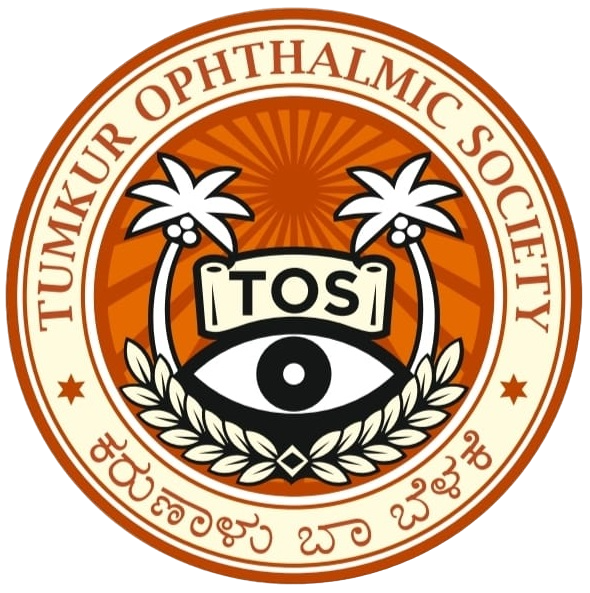Astigmatism
What is Astigmatism?
Astigmatism is an imperfection in the curvature of the cornea or lens of the eye. Normally, the cornea and lens are smooth and curved equally in all directions. This helps to focus light rays sharply onto the right location on the retina at the back of the eye. If there is an imperfection in the curvature of the cornea or lens, the light rays aren’t refracted properly resulting in Astigmatism.
When the cornea is irregular, it is known as corneal astigmatism. When the shape of lens is distorted, it is called lenticular astigmatism. In either case, the vision for both near and far objects is blurry or distorted.
People may have astigmatism along with other refractive errors such as myopia.
Children with astigmatism may not be aware they have this condition and are unlikely to complain about blurred or distorted vision. Uncorrected astigmatism can impact a child’s ability to achieve in school and activities like sports. So it is important that regular eye exam be conducted in children.
What Causes Astigmatism?
Astigmatism is very common. Eye Doctors don’t know why corneal shape differs from person to person. However it is proven that likelihood of developing astigmatism is inherited.
Astigmatism can also develop after an eye disease, injury or surgery.
Symptoms of Astigmatism
Astigmatism symptoms may include:
Blurry or distorted vision
Eyestrain or eye discomfort
Headaches
Squinting to try to see clearly, or
These symptoms do not necessarily mean you have astigmatism. If you have these symptoms you should visit an eye doctor.
Astigmatism Diagnosis
Astigmatism testing is part of a comprehensive eye examination. The eye doctor will test the visual acuity. This involves reading letters on an eye chart. This will determine the clarity of your vision at certain distances.
Astigmatism Treatment
Mild to moderate astigmatism can be corrected by prescription glasses or contact lenses. Glasses or contact lenses correct the astigmatism by compensating for uneven curves in your cornea and lens.
Some patients may benefit from refractive surgery such as LASIK.
